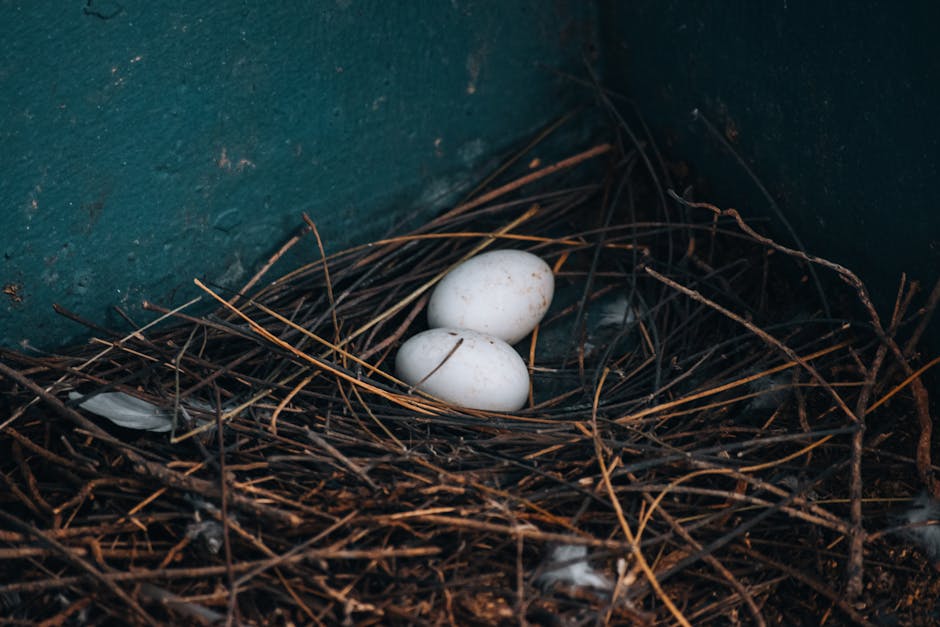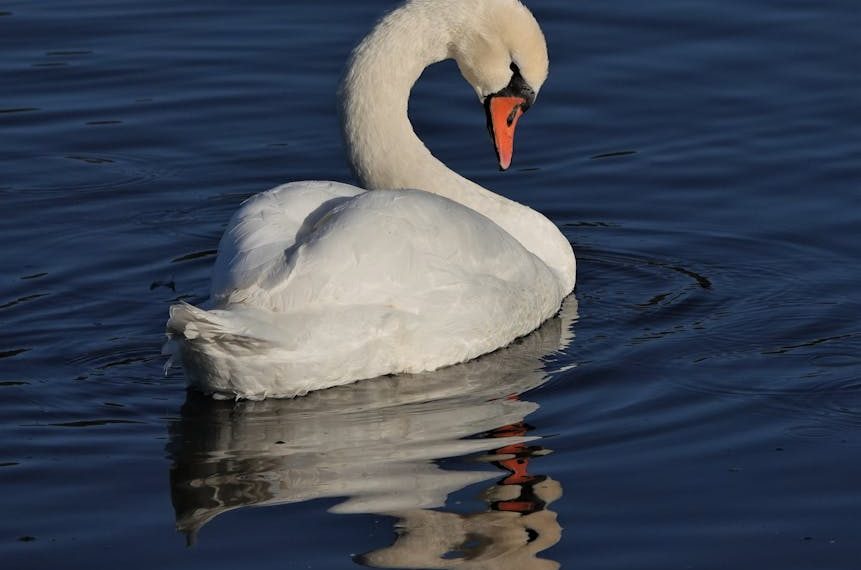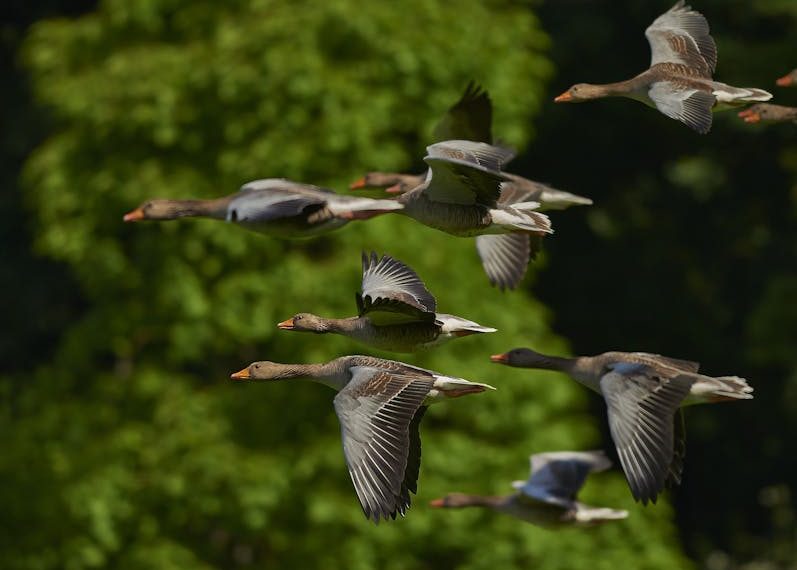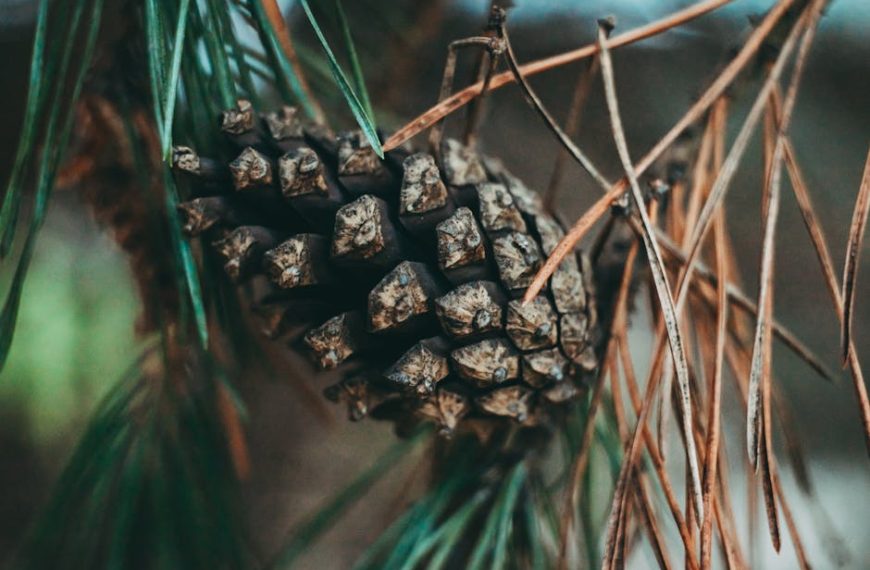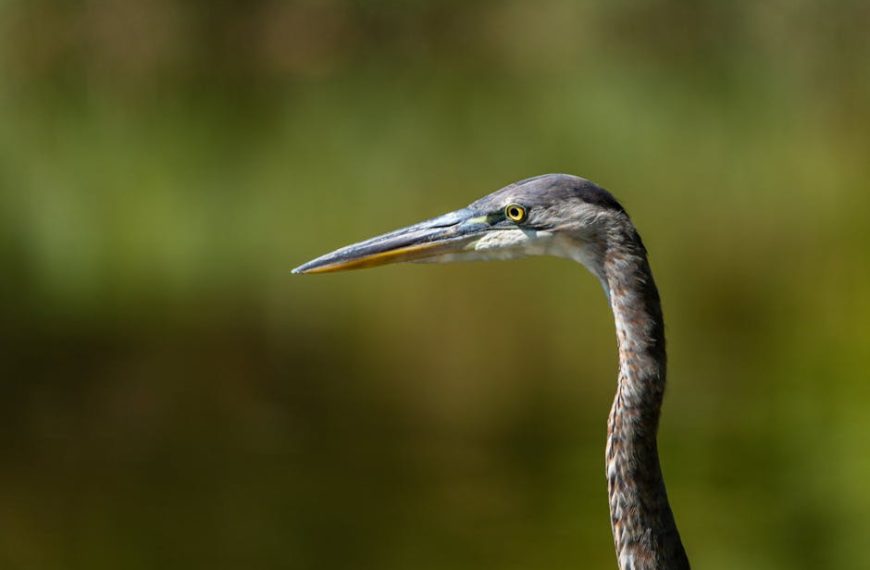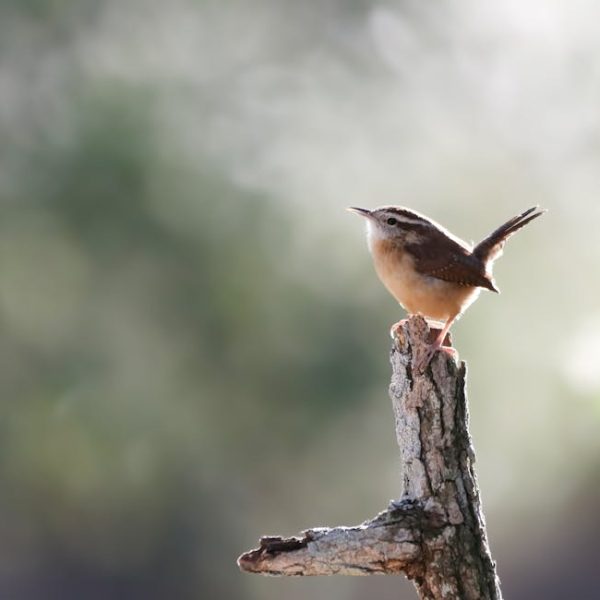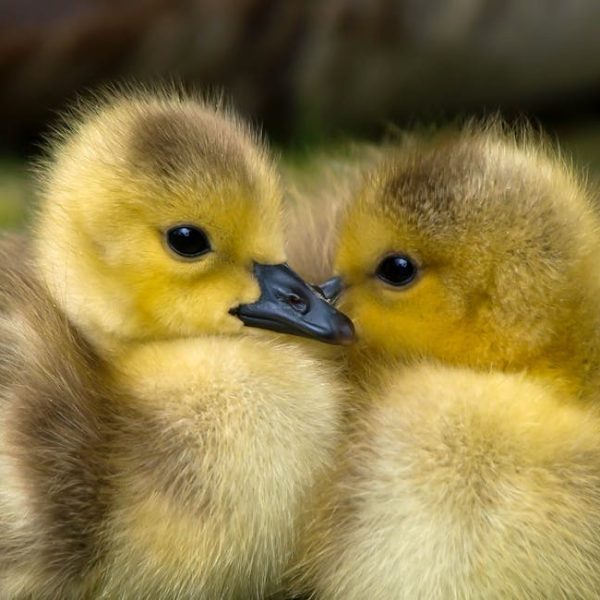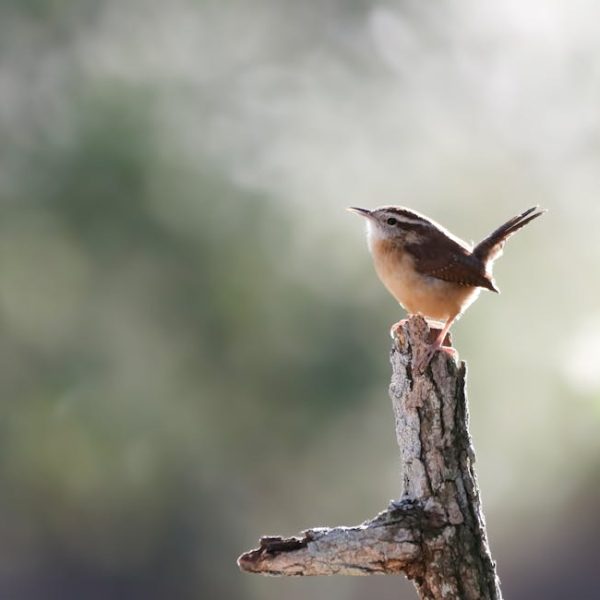A damaged lawn, stained patio or deck – the aftermath often makes it difficult to maintain a harmonious relationship with our feathered friends. Birds, while visually and musically pleasant, can sometimes cause havoc on home structures through nesting and their waste. Let’s explore how birds might be influencing your home environment, and strategies to judiciously manage these winged visitors.
Identifying the Threat: Types of Birds that Can Damage Your Home
Certain birds, such as pigeons, woodpeckers, and sparrows, often exhibit behaviors that can bring about significant damages to home structures. Pigeons, for instance, are notorious for their droppings that contain uric acid –ths corrosive substance can lead to substantial erosion of building materials over time. Woodpeckers are known for pecking away at structures which can create unsightly holes in siding or even damage the structural integrity. Sparrows, on the other hand, are inclined to build nests in gutters, vents, and other small openings.
- Pigeons
- Woodpeckers
- Sparrows
Common Bird Inflicted Damage and Their Impacts
Bird inflicted damage often includes staining of property with droppings, pecking holes in siding and roofing, and creating nests in various parts of the home. Beyond the superficial damage, these issues can escalate into more severe impacts. Structures weakened by holes may fail over time; gutter-filled nests can lead to water damage, and accumulated droppings can cause surfaces to become slippery, leading to accidents.
Letting bird damage go unchecked can lead to:
- Cosmetic damage: Bird droppings and pecking can detract from your home’s curb appeal.
- Structural issues: Holes pecked into your home’s siding or roof can lead to leaks and other structural problems.
- Health risks: Bird droppings can carry diseases that pose a threat to humans.
Preventive Measures: Deterring Birds from Your Home
Preventive measures are effective in deterring birds from affecting your property. Installing bird spikes along ledges and rooftops can prevent birds from roosting. Bird netting effectively keeps birds out of fruit trees or vegetable gardens. Fake predators such as owl, hawk, or snake decoys can also keep birds at bay. On the higher end of available options, sound devices that mimic bird distress calls also discourage birds from nesting nearby.
- Bird spikes
- Bird netting
- Predator decoys
- Sound devices
While all these options can be effective, the choice depends on factors such as your budget, the size of the nesting bird population, and the amount of space you need to protect.
Dealing with Nests: Legal and Humane Practices
In dealing with bird nests, it’s vital to be aware of local wildlife laws. Some bird species are protected by law, making it illegal to tamper with or destroy active nests. It’s also essential to enact humane practices. Using a long pole, you may be able to safely dislodge nests from trees or structures. In other cases, it might be advisable to leave the nest and wait for the birds to leave on their own before removing it.
- Seek a local wildlife organization’s advice before removing any nests.
- Humanely remove or relocate nests, causing minimal harm to the birds.
- Follow local wildlife laws, ensuring you aren’t destroying active nests of protected bird species.
- Reach out to a local wildlife organization if you’re unsure how to handle a nest.
- Setting up an alternative nesting spot might encourage birds to leave the unwanted area.
Natural Remedies for Bird Control
Natural remedies can help deter birds from your property. Certain spices, such as chili powder or cayenne pepper, can be potent bird repellents when mixed with water and sprayed on surfaces. Similarly, homemade sprays crafted from concentrated grape juice, vinegar, and peppermint oil can also discourage birds. Moreover, making careful landscaping choices, like avoiding plants that produce berries or have dense foliage, can make your yard less inviting to birds.
People-friendly bird repellents you might have in your pantry:
- Chili powder
- Cayenne pepper
- Concentrated grape juice
- Vinegar
- Peppermint oil
- Spray repellents around bird-frequented areas, especially on ledges, roofing, and patios.
- Modify your landscaping to make it less appealing to birds. Avoid fruit-bearing plants and dense shrubs that provide ample nesting places.
And there you have it! With these strategies in place, you can say goodbye to pesky bird damages and hello to a harmonious home environment. So tackle that bird challenge head-on and enjoy a peaceful coexistence with wildlife.
Key Takeaway:
- Certain bird species can cause significant damage to home structures. Among the most common are pigeons, woodpeckers, and sparrows which can deface property, peck holes in siding and roofs, or create nests in gutters and vents.
- Beyond superficial impairment, bird damage can escalate causing more severe physical issues to the property and even health risks due to diseases carried by bird droppings.
- Preventive measures are effective and range from physical deterrents like bird spikes, netting, and decoys, to sound devices. Choosing the best solution depends on several factors, including budget and the size of the affected area.
- Legally and humanely dealing with bird nests is paramount as some bird species are protected by local laws. It’s best to seek local wildlife organizations’ advice before removal.
- Natural remedies, including homemade repellents or careful landscaping, can effectively deter birds without causing harm.
Remember: With conscious effort, it is possible to live harmoniously with wildlife. Ensure to be respectful of birds and their habitat while protecting your property. Take prompt action if you notice bird damage and don’t hesitate to reach out to local wildlife organizations for assistance.
FAQs
Q: What immediate steps can I take if I spot a bird nest in an undesirable location on my property?
A: Firstly, check your local laws to see if it’s legal to remove the nest. If so, you may use a long pole to safely dislodge it. However, if the birds are of a protected species, full or partial nest relocation may be mandated. In that case, seek local wildlife organizations for guidance.
Q: Can bird damage have negative implications on my home’s resale value?
A: Yes, unaddressed bird damage can reduce your property’s aesthetic and structural integrity. This might deter potential buyers, lowering your home’s resale value. It’s best to promptly address any bird-inflicted damage.
Q: How can I prevent birds from building nests in my property’s vents?
A: Installing bird netting or spikes can help prevent birds from nesting in your vents. Regular inspection and cleaning of these areas can also help.
Q: Can deterrents like bird spikes harm the birds?
A: Ideally, bird spikes are designed to discourage rather than harm birds. They create uncomfortable surfaces forcing the birds to find another spot for roosting or nesting.
Q: Are natural bird repellents equally effective as manufactured deterrent products?
A: Natural repellents can indeed be effective. However, regular application may be necessary as their effects might wear off quickly compared to manufactured products. Always consider what works best for your specific situation.
We hope this article provided helpful insights. For more useful tips and strategies, feel free to explore our other posts. Share this article with others who could benefit from it, and let’s contribute to a harmonious coexistence with wildlife.
